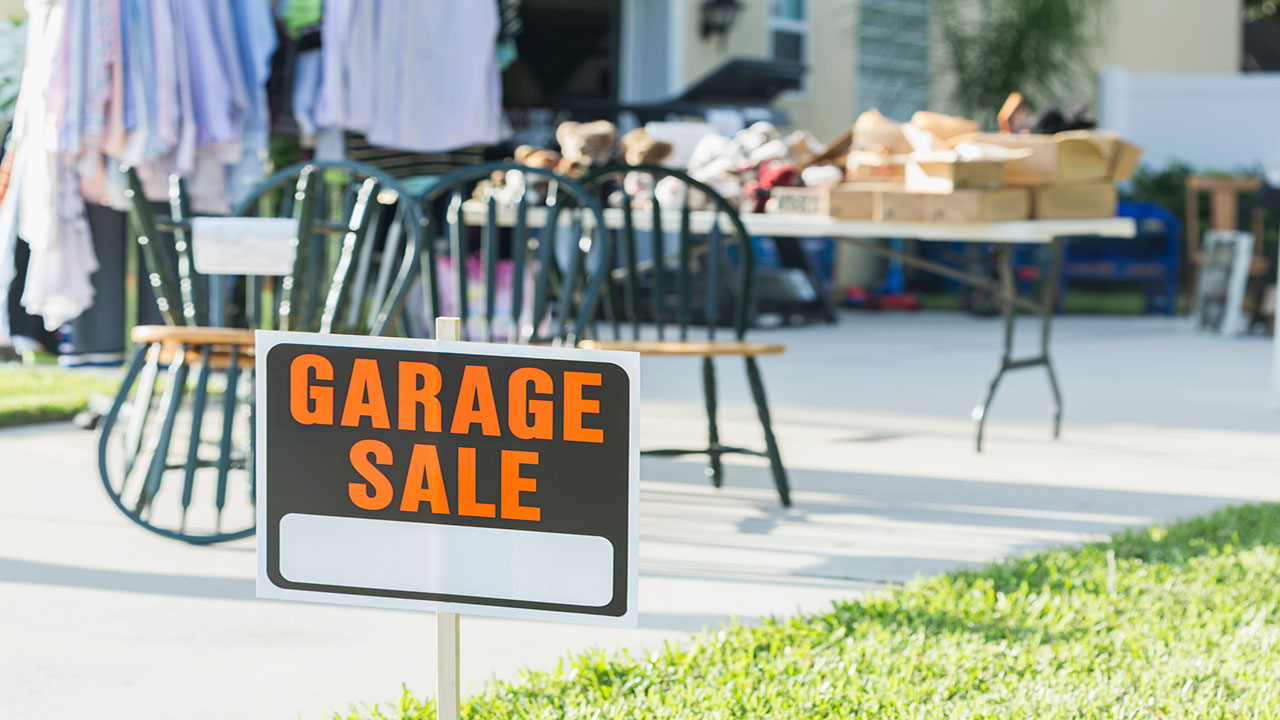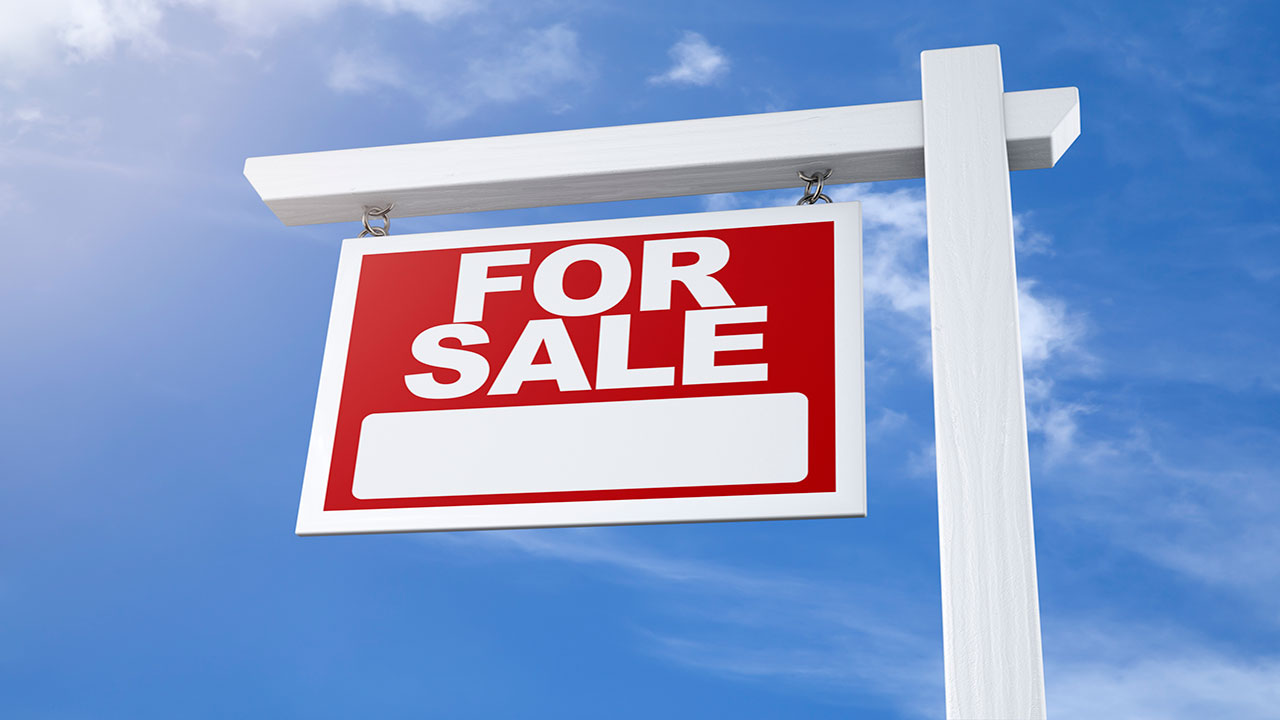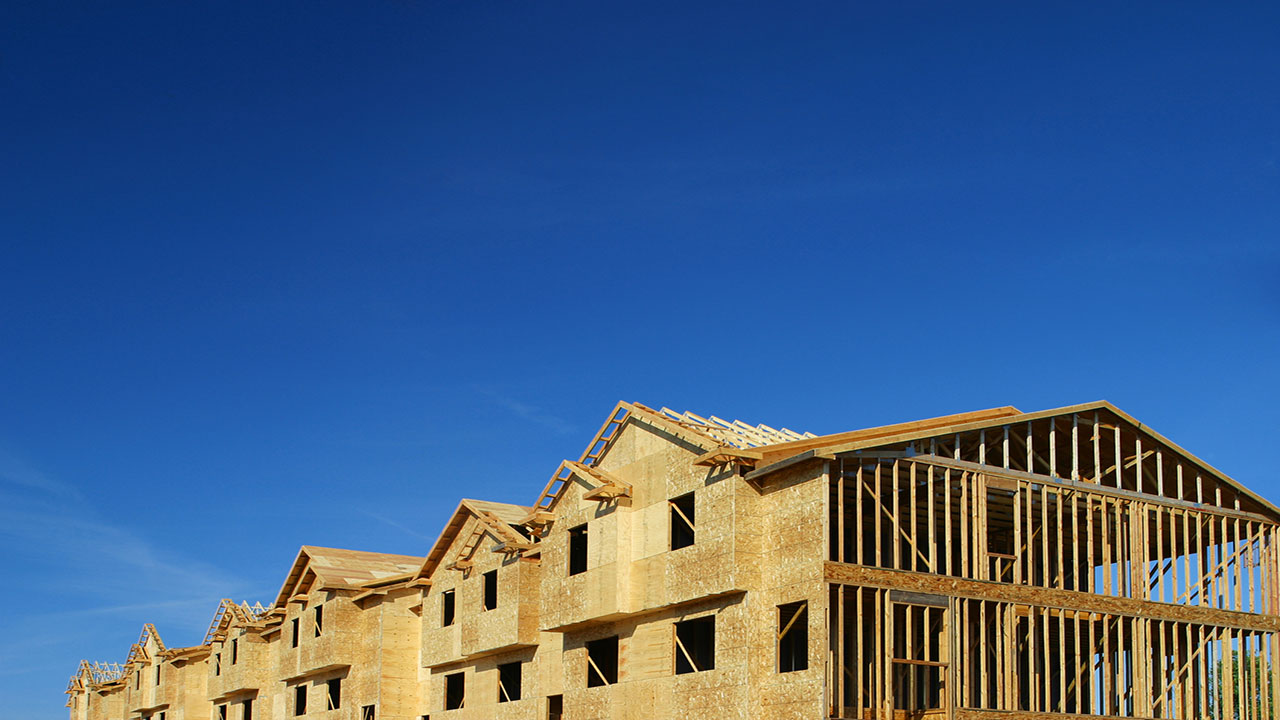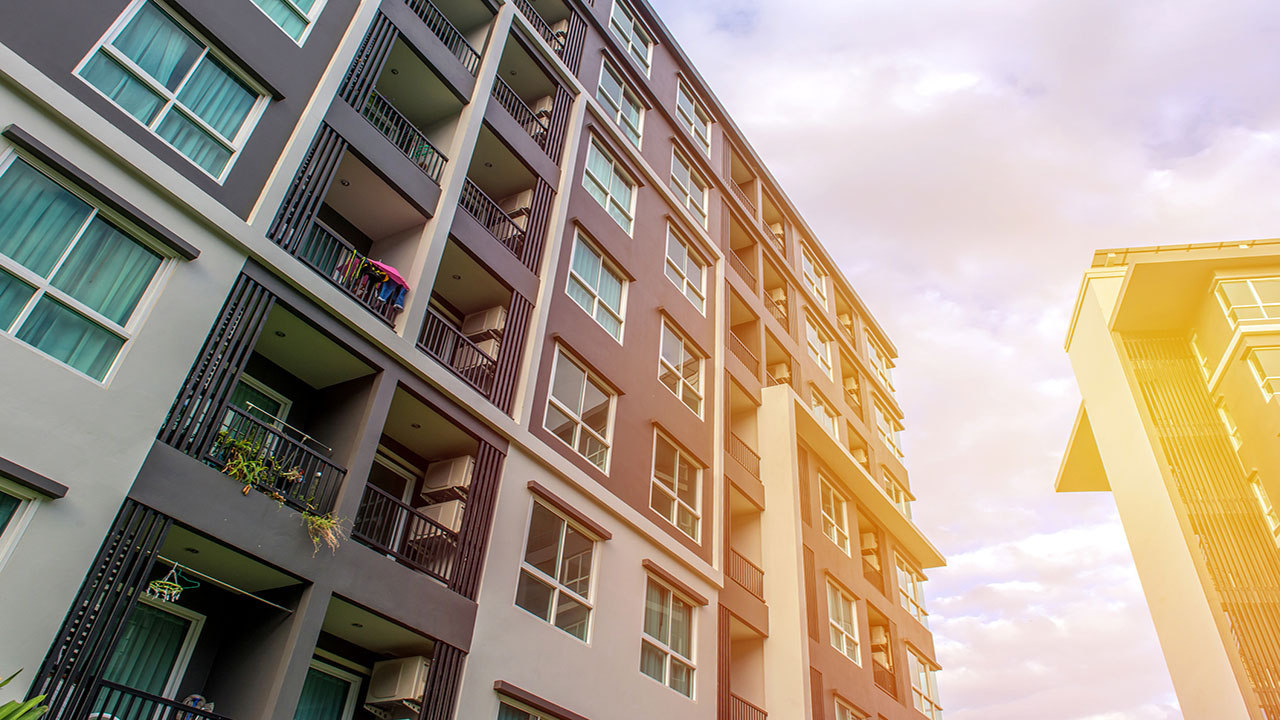How to Make the Most of Downsizing

Having plenty of space in a home is a luxury. But what might be enough space for some may be too much for others.
While many buyers are trading up in the word of real estate, many others have reached the point where downsizing makes sense. Whether you’re an empty nester or are simply looking for something more affordable and less work to maintain, downsizing may be the right thing for you to do.
But before you start enjoying cheaper utility bills and less space to clean, having a specific plan in place before you start moving your stuff can help ensure the process is a smooth one. Here are some things you should consider to make the most of downsizing.
Figure Out Your Lifestyle Needs

Before you buy a smaller place, consider a few things first. Figure out what type of lifestyle you’re going for that may be different than the one you’re leading now.
How much smaller should you go? What type of amenities do you want to have within close proximity? Would you prefer something with only one level? Are you open to condo living? Are you looking for a community with a certain age demographic?
The answers to these questions will help you figure out not only how much smaller you want to go, but also what factors will also play a role in helping you live the lifestyle you’re looking to lead.
Make a List of All Your Belongings
No matter what type of dwelling you’re moving to, it’s always important to take inventory of all of your belongings before you even call the moving company. Take the time well in advance of the big move to make note of all of your things and decide what you should keep and what you can toss.
This might seem like a pesky, overwhelming task, but it’s an important one that shouldn’t be skipped. Take your time with it, and go room by room so it doesn’t seem as though you’re taking inventory of the whole house at once, which can certainly be daunting.
While you’re taking inventory, be sure to make a distinction between your wants versus your needs. Quite often we assume that something is a necessity when it’s more of a luxury. And when you’re downsizing to a smaller place, having a distinct list of each can help you wean out things that are just taking up space when you actually don’t need or even use them.
Sell/Donate/Trash Some of Your Things

After you’ve taken inventory of all of your stuff, decide what to do with them. During your list-taking task, consider placing items in specific columns, including things you should keep, donate, or throw out. Whatever you choose to keep, start boxing them up. Everything else should either be given away or tossed in the trash.
Consider having a yard sale to help you whittle down your belongings. Sell things on online classified sites or on garage sale apps. Whatever you don’t sell, consider donating it to the local charity. Anything that isn’t worth donating should be trashed. And the sooner you do this, the better, as it will help to clear the place out and making moving day much more streamlined.
Consider How Your Furniture Will Fit
The way your furniture may fit in your current home doesn’t necessarily mean that it will fit just as well in your new, smaller home. It’s quite possible that you might not have enough space to fit all of the furniture that you might want to keep. When downsizing, be sure to measure your furniture to see if it will fit well with the dimensions of your new home.
You certainly don’t want to be in a position to have made the effort to move your furniture, only to realize that it doesn’t fit in your new space. Measuring your furniture long before moving day will give you an idea of which pieces you’ll be able to take with you and which ones you might have to leave behind.
Choose Double-Duty Furniture

If you’ve decided that new furniture is the way to go after careful measuring, consider choosing pieces that can serve more than one function. For instance, consoles with shelving, coffee tables with storage space underneath, dressers as bedside tables, and shelving units as room dividers are only a handful of examples of pieces that serve more than one purpose.
If the place you’re moving into is particularly short on square footage, pieces like these can make the perfect choice to help you avoid taking up precious space while offering plenty of function.
Make Good Use of Storage Space
Once you’ve made it to your new place, be sure to make smart use of storage. This will help you keep as many of your precious belongings as you can from your old home. The following are great ways to house your things without having to take up so much space in your closets, attic, or shed:
- Hanging shelves
- Storage ottomans
- Built-in shelving units
- Drawers under beds
- Garage shelving
Get creative with your storage space to help you neatly tuck your belongings away and avoiding clutter that typically comes with inadequate storage solutions.
The Bottom Line
Downsizing is a rather common phenomenon among people who no longer have use for so much space in their current homes. Rather than spending so much extra time, cleaning and maintaining larger homes and paying more in utility bills and property taxes, homeowners with no more use for extra space choose to downsize. If you fit into this category, consider keeping the above-mentioned tips in mind to help make your downsizing process a success.







